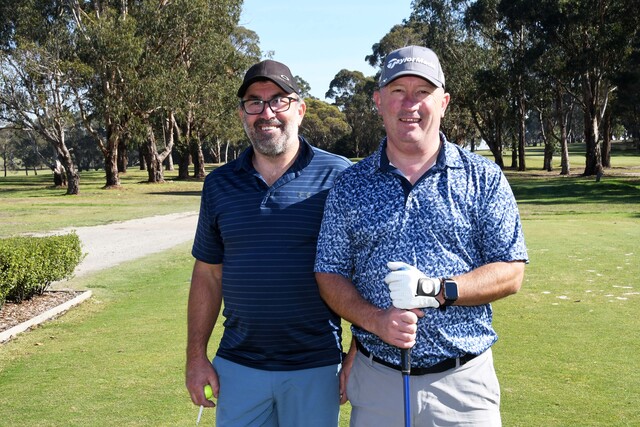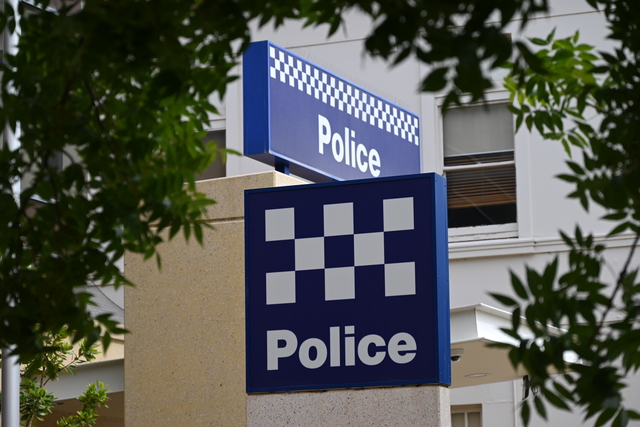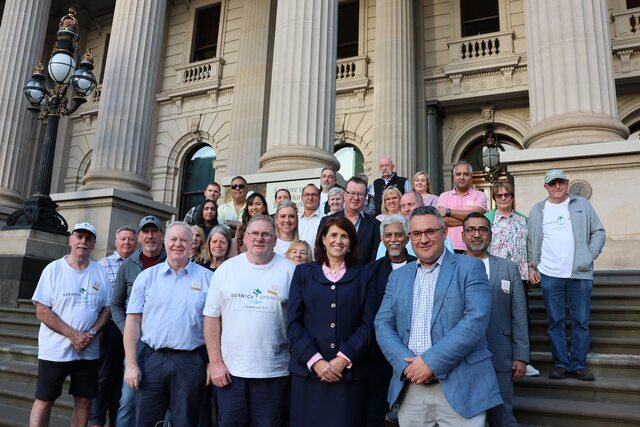Koalas are under threat and in order to protect them we need to understand them.
The Gippsland Plain Bioregion includes the Strzelecki and Wilsons Promontory bioregions and also contains the Mornington Peninsula, Cardinia and Bass Coast regions.
Prior to European settlement in the 1800s, koalas were interconnected across the entire Gippsland Plain, but are now separated by extensive areas of agricultural land.
Koala populations crashed after European settlement, mostly due to clearing of habitat and koalas being hunted for their fur.
To reintroduce koalas to Victoria, a breeding program commenced on Phillip and French Islands from just a handful of koalas.
These animals were translocated from the Islands to various regions across the state.
However, due to inbreeding occurring, these koalas have very low genetic diversity.
There is one koala population in the Strzelecki Ranges which scientists have found to be a remnant koala population of special significance with high genetic diversity.
There is strong evidence suggesting some koalas from the original population may still remain in areas such as the Mornington Peninsula, Tooradin, Cranbourne, Kooweerup, and Grantville.
If this is the case, then it will be important to protect the genetic integrity of koalas in these regions, and conserve them as an insurance population.
Individuals could be used for genetic rescue of populations where genetic diversity is low.
I am conducting a genetic study of the Mornington Peninsula koala population and adjoining regions of the Gippsland Plain.
I am is looking for volunteers to help collect koala scats (yes pooh), especially those residents who have koalas regularly visiting their property.
By analysing koala scats, we can easily find out information, such as the gender, presence of disease, genetic diversity and the ancestral origin of each koala.
This type of genetic sampling is more ethical because it is not bothering the koala and is very cost effective.
Volunteers are being asked to look for koalas and/or koala trees and pick up fresh scats, using toothpicks, from underneath the tree.
The Mornington Peninsula Koala Conservation group is already heavily involved in this citizen science project, but more people are needed to find koala scats in regions across the Gippsland Plain so that scientists can also get an understanding of the koalas movements and habitat connectivity.
It’s really important to find volunteers who can help with this project because more than 70 per cent of koala habitat is on private property and therefore most koalas are located on private land and difficult to access without permission.
If you have koalas visiting your property and/or regularly see koalas whilst out bushwalking and would like to be a part of this exciting project please contact Kelly on 0432530443 for more information and to obtain a scat collection kit.
I will also be holding group volunteering days in some areas for those wishing to work as a group.









